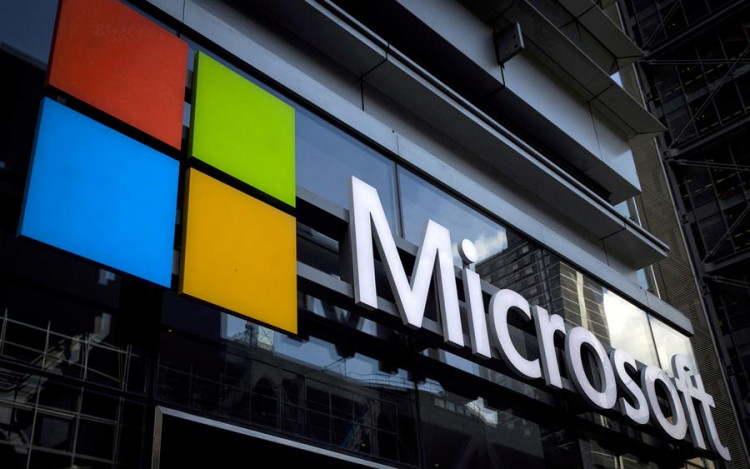Microsoft is preparing to debut a new artificial intelligence language model, known internally as MAI-1, as part of its strategy to challenge industry giants like Google and OpenAI. The development of MAI-1, spearheaded by AI luminary Mustafa Suleyman, marks a significant push by Microsoft to secure a leading position in the competitive AI landscape.
Suleyman, co-founder of Google DeepMind and former CEO of AI startup Inflection, has been tapped to oversee the ambitious project. While MAI-1 does not directly utilize technology from Inflection, it benefits from training data and expertise following Microsoft's $650 million acquisition of the startup. Microsoft's development of MAI-1 is indicative of its broader commitment to expanding its footprint in the AI sector.
MAI-1 is described as "far larger" than Microsoft's previous models, boasting around 500 billion parameters-a substantial increase from the company's earlier AI models, such as the Phi-3-mini which features 3.8 billion parameters. For context, OpenAI's GPT-4 has around one trillion parameters, illustrating the scale of Microsoft's new endeavor.
The company has ramped up its infrastructure to support the demands of such a complex model, investing heavily in server clusters equipped with Nvidia's graphic processing units and amassing large datasets to refine the model's capabilities. This escalation in resources is part of a broader surge in Microsoft's capital expenditures, which have increased by 79% to $14 billion, reflecting its deep investment in AI infrastructure.
Microsoft's strategic pivot towards more sophisticated AI models is not just about matching its competitors. The company aims to integrate these advanced capabilities into its suite of products, enhancing services like Azure, Teams, and Bing with more powerful AI-driven features. Azure, in particular, has seen a significant revenue boost, with a 31% increase largely attributed to its enhanced AI services.
However, the expansion comes with its challenges. Microsoft faces a pressing need for more data center infrastructure to keep pace with the growing demand for AI computing power. Supply constraints, particularly in hardware components from providers like Nvidia, have also posed obstacles to the rapid deployment of new AI services.
Despite these hurdles, Microsoft remains committed to its AI trajectory. The company is planning further increases in capital expenditures, particularly targeting enhancements to its cloud and AI infrastructure. This investment is crucial as Microsoft continues to compete with other tech behemoths like Amazon Web Services in providing cutting-edge AI solutions.
The unveiling of MAI-1 is expected at Microsoft's upcoming Build developer conference, where the tech community anticipates a detailed preview of the model's capabilities and applications. This event will likely serve as a critical milestone for Microsoft, as it showcases its continued innovation and commitment to leading the AI revolution.






